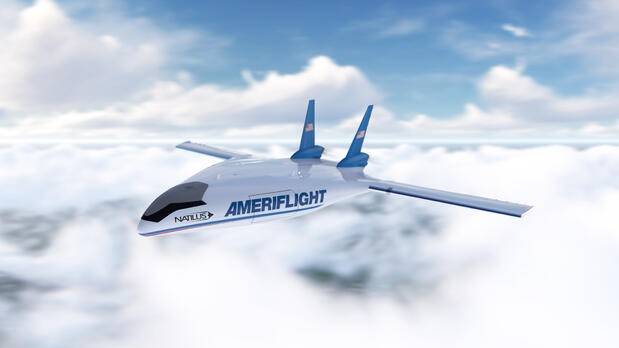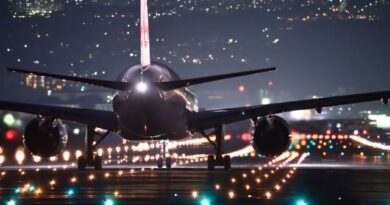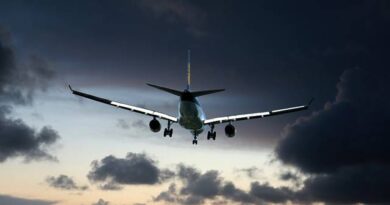Autonomous Cargo Planes
Autonomous cargo planes, also known as unmanned aerial vehicles (UAVs), have the potential to revolutionize the transportation industry. These aircraft are able to fly and navigate without the need for a human pilot on board. This technology is being developed for both military and civilian use, and it could have a significant impact on the way goods are transported around the world.
One of the main advantages of autonomous cargo planes is that they can fly for extended periods without the need for a human pilot to rest. This means that they can fly longer routes and make more deliveries in a shorter amount of time. Additionally, because they don’t require a human pilot, they can be built with a larger cargo capacity than traditional aircraft.
Transport Goods to Remote Areas
Another benefit of autonomous cargo planes is that they can be used in areas that are difficult or dangerous for human pilots to access. For example, they could be used to transport goods to remote areas or to disaster zones where it may not be safe for human pilots to fly. They could also be used in military operations to transport supplies and equipment to troops in the field.
However, the development of autonomous cargo planes is not without its challenges. One of the biggest challenges is ensuring that the aircraft can safely navigate and avoid collisions with other aircraft and obstacles. This requires the use of advanced sensors and navigation systems, as well as the development of new safety protocols.
Another challenge is the regulatory environment for autonomous cargo planes. Currently, there are no established regulations for the operation of them, and it will take time for governments around the world to establish guidelines and rules for their use.
Reduce Operational Costs
On the other hand 0ne of the key advantages of autonomous cargo planes is that they have the potential to significantly reduce operational costs. This is because they don’t require a human pilot on board, which eliminates the need for salaries, training, and other expenses associated with human pilots. Additionally, because they can fly for extended periods without the need for rest, they can make more deliveries in a shorter amount of time, which increases efficiency and reduces costs associated with downtime.

Ameriflight, 20 Autonomous Cargo Planes from Natilus
Ameriflight, a leading provider of air cargo transportation services, has recently announced that it has placed an order for 20 autonomous cargo planes from Natilus, a company that specializes in the development of autonomous cargo planes. This order is a significant step forward for the use of them in the transportation industry and could be a sign of things to come.
Despite these challenges, the potential benefits of autonomous cargo planes make them an exciting area of research and development. As the technology continues to evolve, it is likely that we will see more and more autonomous cargo planes in the skies, transporting goods and changing the way we think about transportation.
For more articles…


